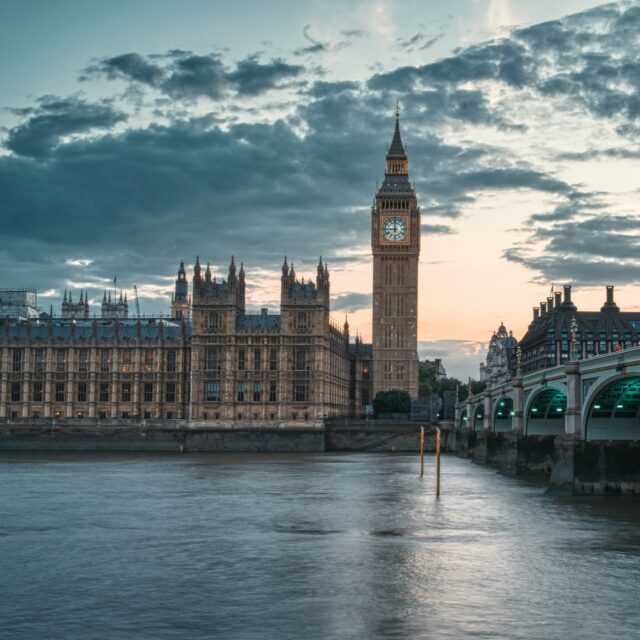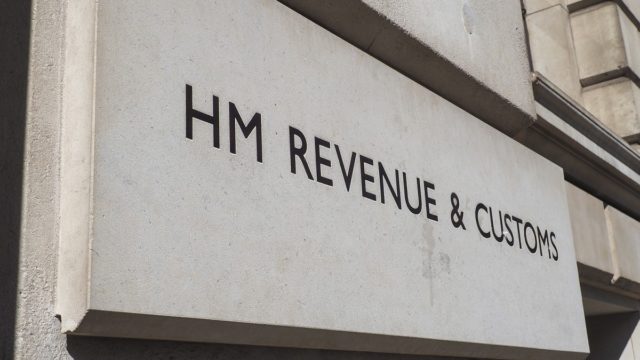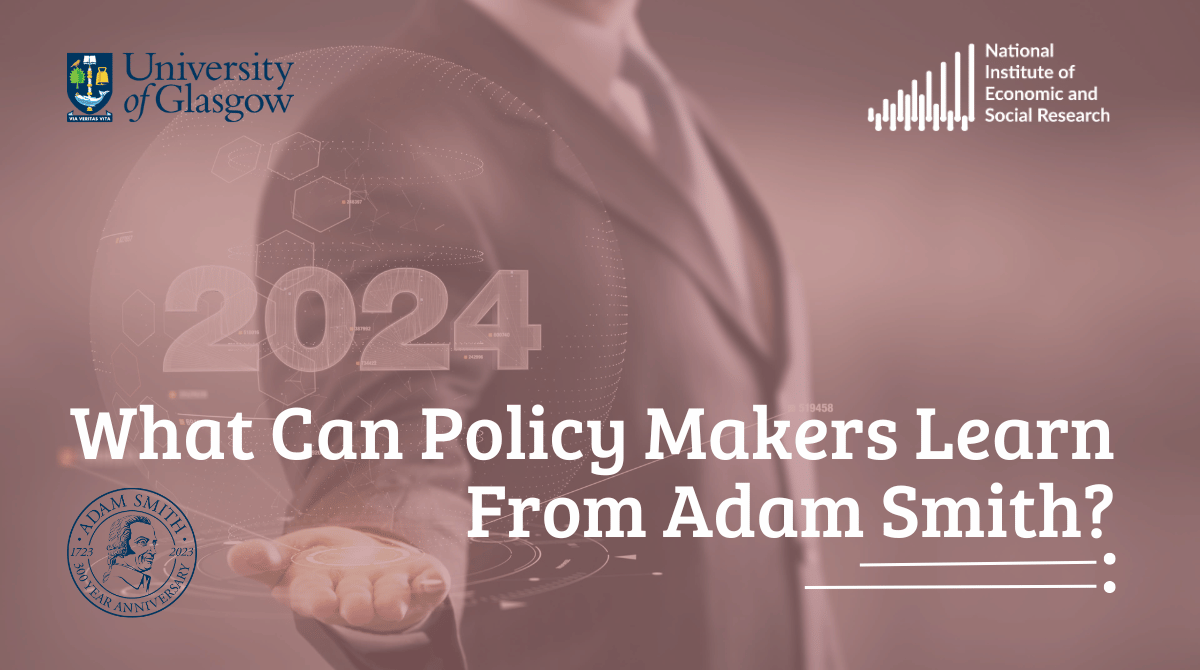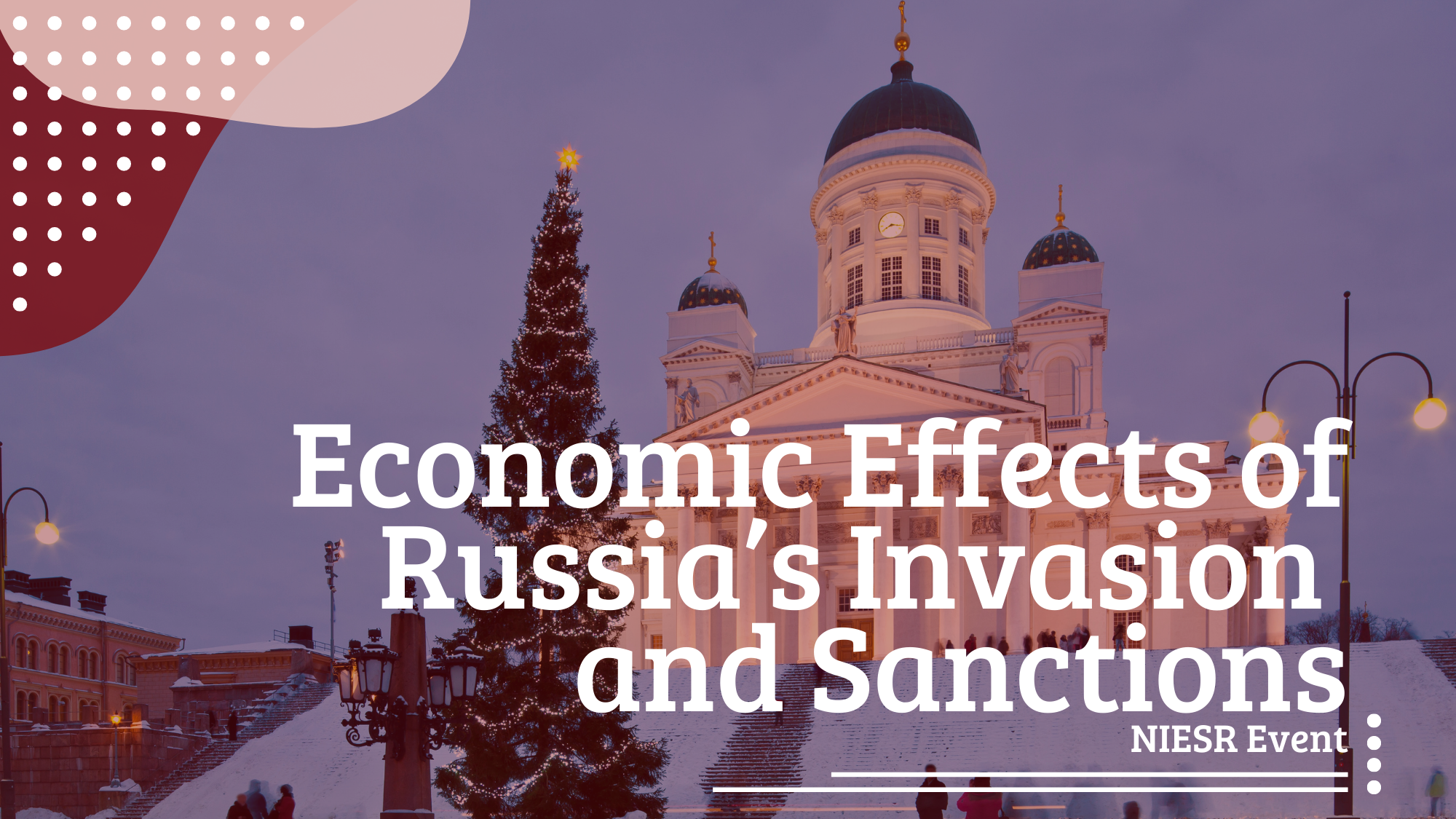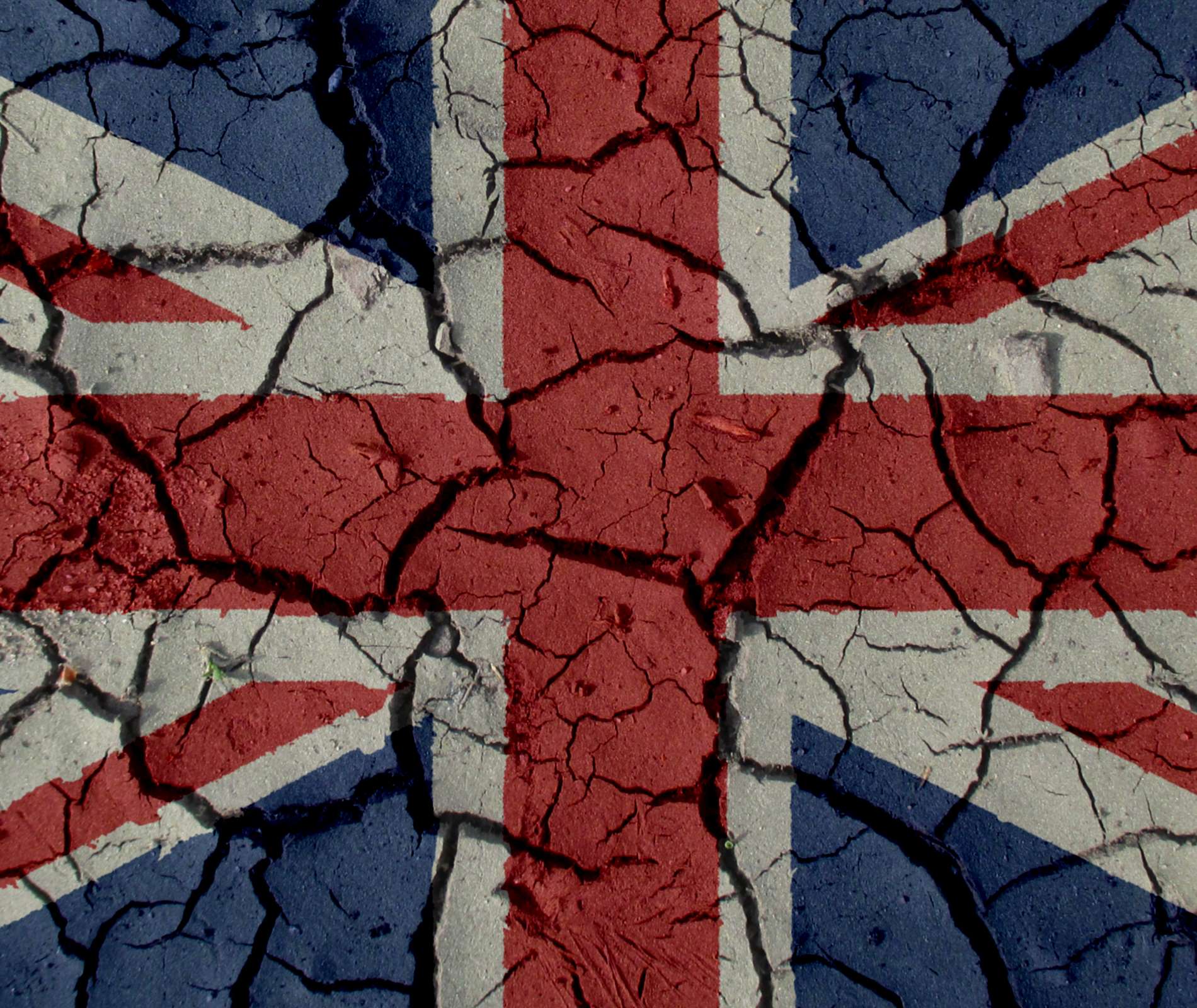Marking One Year of the Russian Invasion of Ukraine

One year after Russia launched its full-scale war on Ukraine, we turn to our Ukrainian friends and their families, expressing our deepest sympathy, solidarity and continuous support. With fears that the conflict may descend into a prolonged war of attrition, we find ourselves wondering where we – researchers, policymakers and concerned readers – can direct our efforts to assist the rebuilding of a peaceful and prosperous Ukraine. It is as important as ever that we continue thinking about those issues, even as domestic challenges divert our attention and our social media feeds cease to be filled with fundraiser pleas, making the war feel all the more distant. As we enter the second year of this war, we have focused on two areas that we consider will be important in the near future.
Reconstruction of Ukraine
Despite the uncertainty as to when the war will end and with what total damage to the country, Ukrainian policymakers, aided by foreign governments and experts across various fields, are developing plans for an economic re-design of the country, to be implemented from the day the war comes to a halt. What is becoming clear is that out of the horrors of war an opportunity for a new approach has arisen. Instead of simply rebuilding infrastructure or securing foreign investment, there is the chance to make broad reforms in the energy and financial sectors, which are currently highly state reliant. These reforms will have to include a fight against corruption, excessive market concentration and general administrative inefficiency. . Unsure of both the total cost of war and the cost of reconstruction, Ukrainian policymakers face a once-in-a-generation task, for which support from the global community will be vital.
In this vein, a Delegation from the Ukrainian Council for Economic Reconstruction have recently visited NIESR, presenting their idea of a ‘Fast State’ to experts across Government, academia and beyond. This approach focuses on adopting reforms to improve both the speed and the efficiencies and allow a quicker adaptation to the challenges facing the Ukrainian economy.
The plans for reconstruction will, however, depend on Ukraine’s continued ability to defend itself from the invasion, for which global support and solidarity are also essential.
Supporting Ukrainians in the UK
Since the full-scale invasion, millions of Ukrainians – an overwhelming majority of them women and children – have been displaced internally or forced to leave their country. Home Office estimates 114,400 Ukrainian refugees resettled in the UK under the Homes for Ukraine Scheme. This compares to over a million in Germany and around 1.5 million in Poland.
The Homes for Ukraine Scheme in the UK was launched as a quick response to the crisis and offered a relatively accessible route for refugees to arrive in this country. Under the scheme, UK-based hosts commit to providing accommodation to their Ukrainian guests for at least six months. With the full-scale war ongoing for longer than many could have predicted, and the initial six-month hosting period coming to an end for many Ukrainians, the scheme is now facing time pressures. If unable to extend their initial sponsorship, Ukrainians who arrived under the scheme are facing bleak choices: moving into privately rented accommodation, which for someone without a UK-based guarantor requires a prohibitive six-month downpayment on rent; searching for a new host or moving into overcrowded Home Office temporary hotel accommodation; or facing increased risks of homelessness. It is critical that these struggles are not invisible, and that policy solutions are designed with a long-term vision.
It is not clear how much of this forced migration will be temporary and how much will turn out to be more long-term. Many of the Ukrainians who left will want to return to a peaceful Ukraine and to contribute to its reconstruction, with efforts from Ukraine’s policymakers to welcome and encourage them to do so. However, for many, particularly young people, their career or further education aspirations may lead them to want to stay in the UK. Public services in the UK should therefore plan to provide long-term support, particularly in relation to education and provision of information about the options available to them.
Today, on the anniversary of the invasion, we commemorate the resilience and bravery of Ukraine’s resistance and pursuit of freedom, but also to look to the future with hope.
Slava Ukraini!


